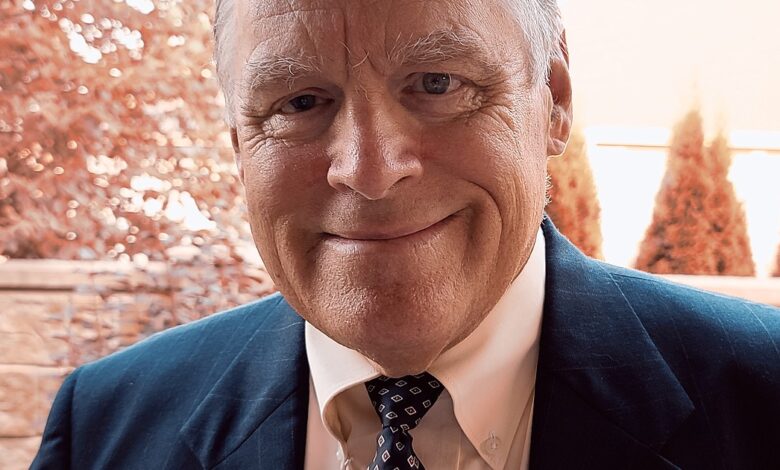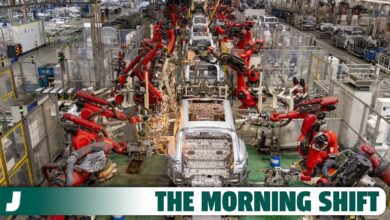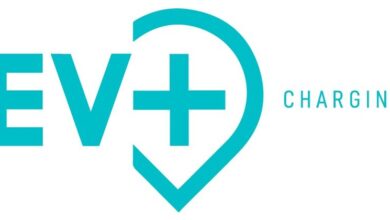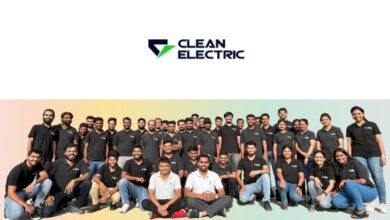OPINION: Fulcher says slow down with EV rules

Of all the stupid things coming out of Washington, this one gets the golden dunce cap.
President Biden’s Environmental Protection Agency is proposing a rule that will have two-thirds of passenger vehicles and a third of heavy-duty trucks running electricity by 2032 — putting your friendly Chevron and Shell gas stations on the road to extinction.
The proposal needs congressional approval, which is far from a certainty, but think about what this would do for U.S. transportation. It would mean less emissions, less pollution and cleaner air. It could end the nation’s reliance on foreign oil, and the big oil companies would have to find other outlets for their lobbying.
Hmmm, it all sounds good. Where do we sign up?
On second thought … 2032 is just eight years away, and a lot of things would need to happen to accommodate a massive influx of electric vehicles. Last month, my wife (Vicki) and I drove to Arizona, and here’s how many electric-vehicle charging stations we saw along the way.
Try zero. No billboards, or exit signs pointing to EV charging stations. It’s difficult to imagine in eight years that charging centers will be more common than Chevron stations.
Keep in mind, this is just a “proposed” rule change — which would turn into a government mandate with congressional approval. The rule on passenger cars is pending in the Senate, and Idaho Congressman Russ Fulcher, from the Energy and Commerce Committee, is spearheading efforts keep the rule on trucks from going anywhere in the House.
Fulcher, of course, is no fan of the Biden administration, but his concerns go beyond partisan politics — starting with the infrastructure needed for electric vehicles.
“That’s a real problem,” he told me. “Where are we going to get the electricity to charge all these vehicles? One charge on a heavy-duty truck is about the same as what a typical home uses in a week.”
The EPA rule is part of the war on fossil fuels, but the administration, and Democrats in general, also are not friendly toward hydro power, nuclear power or mining. All these elements come into play in some form when exploring alternatives to fossil fuels.
“We’re creating this government mandate to shift all these vehicles to electric and at the same time we are restricting our ability to generate electricity. It’s nonsense,” Fulcher says. “The problems keep compounding when you start thinking through the ramifications, and it begs the question, what in the world is this administration thinking?”
Fulcher’s “kill” efforts have plenty of Republican support. Idaho Sens. Mike Crapo and Jim Risch also weighed in on the issue.
“These rules represent yet another attempt by the Biden administration to force its radical green agenda and pick winners and losers in the free market,” said Crapo.
“The Biden administration is determined to have every vehicle on the road be electric regardless of price or feasibility,” Risch says. “An EV mandate will significantly disrupt our nation’s supply chain, raise already high prices and severely impede the ability of consumers and businesses alike to make their own decisions.”
As Fulcher sees it, electric vehicles are not a bad idea. He says that with his short commutes in the D.C. area, it would make sense for him to be driving an electric vehicle and saving on gas. The problem is finding a charging station.
“If you go at the pace that consumers can accept, the Fords and Toyotas of this world could make it work, and especially in urban areas,” Fulcher says. “Over time, the cars will get better and the infrastructure will come along. But it won’t happen with the heavy hand of government mandating it.”
For now auto executives are telling congressional members they are not ready for a massive switch to electric vehicles. “They are telling us that they can build electric vehicles, but people won’t buy them,” Fulcher says.
However, China — the leading adversary of the U.S. — seems to be making inroads in the market. “So, there will be a wave of cheap and not-very-good Chinese vehicles dropped on the country. For consumers, who knows what they are getting or how safe they will be.”
So, who knows what the administration is thinking. But it’s good to see that Fulcher and others are asking some of the difficult questions.
• • •
Silver Valley native Chuck Malloy is a longtime Idaho journalist and columnist. He may be reached at ctmalloy@outlook.com.



